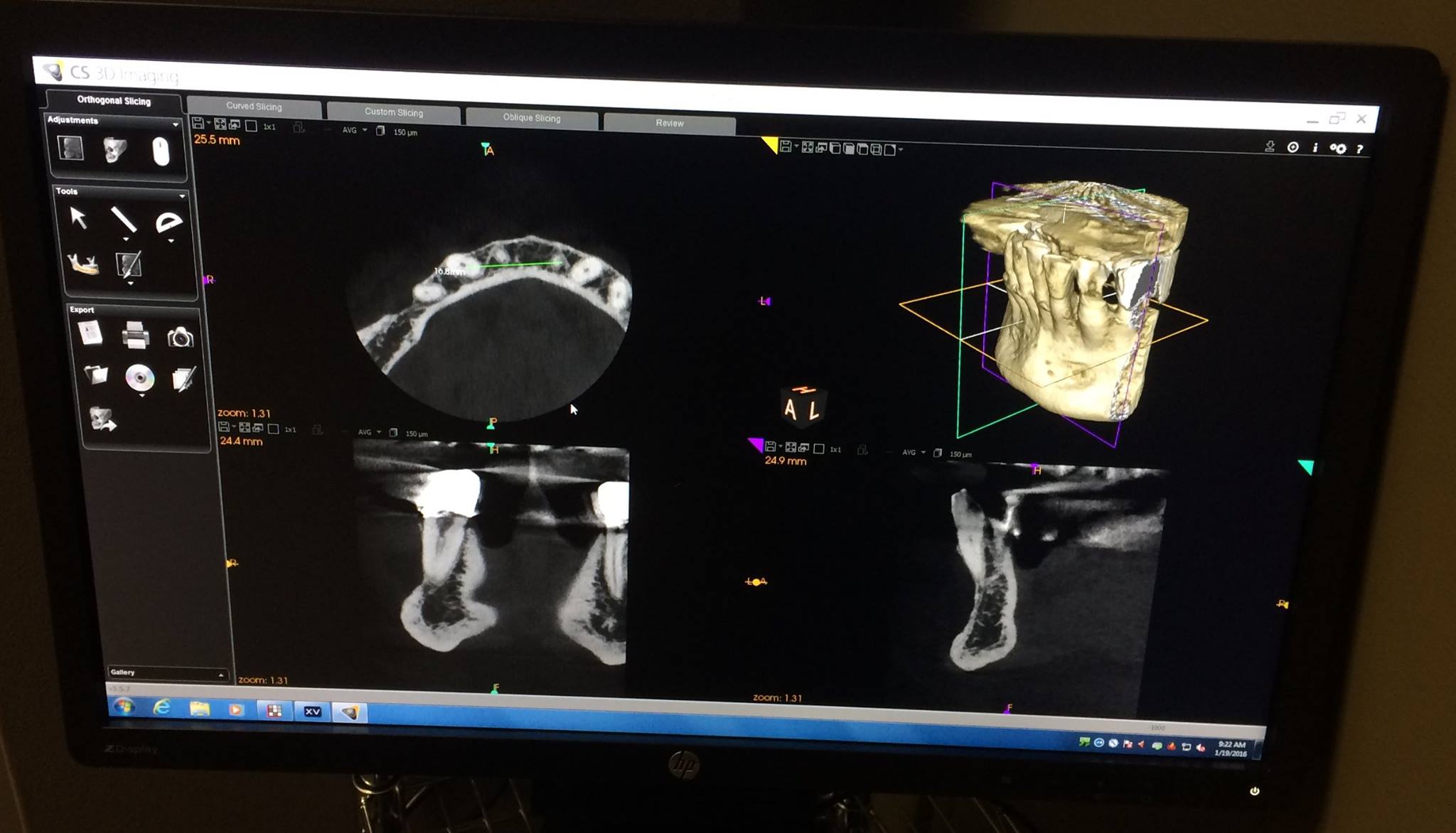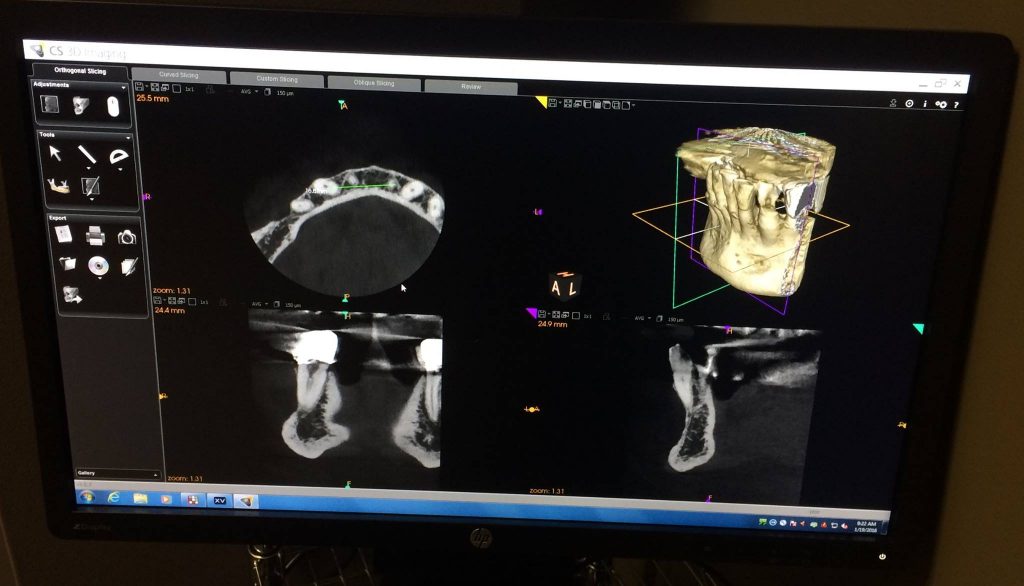Learning the Basics of TMJ Disorder
Jaw pain can put a damper on your day, especially when you’re having trouble finding relief. While there are several situations that can cause jaw pain, TMJ disorder is one of the common culprits. TMJ disorder involves the temporomandibular joints, which are located on either side of your head. These muscles work together as a system of muscles, ligaments, discs, and bones. The purpose of this system is to help you speak and chew.
When the muscles aren’t working properly, TMJ pain becomes a problem with many patients. These joints involve many areas of your face, which unfortunately causes a lot of discomforts. While pain can sometimes relieve itself after a few weeks, the less fortunate will continue to have TMJ pain and may potentially visit an emergency dentist for relief.
What are the Signs of TMJ Disorder?
TMJ disorder is diagnosed by evaluating some of the common symptoms, including:
- Radiating pain through the jaw, face, and neck
- Stiffness in the jaw muscles
- Locking of the law, limited movement
- Painful popping, clicking, or grinding
- A change in the way that the upper and lower jaw fit together
What Happens if You’re Diagnosed with TMJ?
If you visit one of the best dentists in Pittsburgh and you’re diagnosed with TMJ disorder, some patients think the best course of action is purchasing an athletic mouth guard to wear at night. Unfortunately, this won’t do much to remedy any jaw pain. The most effective method of relieving TMJ pain is to order custom night guards for TMJ, as these are specifically fitted for your teeth and mouth to ensure proper fit. Over the counter mouth guards or mouth guards that are bought online can sometimes cause more harm and exacerbate the problem.
Why Should You Consider Night Guards for TMJ?
The purpose of night guards for TMJ is to prevent the top and bottom teeth from grinding together—otherwise known as bruxism. Bruxism is teeth grinding, whether it’s during the day when you’re awake or unconsciously while you’re sleeping. Either way, teeth grinding can cause pain, tooth loss, and cosmetic problems.
Night guards may also help alleviate headache pain and even improve your sleep pattern. Without the help of a night guard, the pain can potentially get worse and the effects of teeth grinding can become more severe.
Other Ways to Prevent Teeth Grinding and Alleviate TMJ Pain
If you’re having trouble with teeth grinding that’s attributing to your TMJ pain, there are other ways to alleviate the problem in combination with wearing a nightguard. These methods include:
- Cutting back on caffeine. Coffee, energy drinks, and other sources of caffeine can stimulate the muscles and further promote teeth grinding.
- Cut back or avoid alcohol completely. Grinding may intensify after alcohol consumption.
- Avoid chewing on objects that are not food.
- Practice jaw relaxation techniques. Keeping your top and bottom jaw apart with your eyes closed is good practice to relax the jaw.
Visit the Best Dentist in Pittsburgh for TMJ Treatment
Polished Dental can help Pittsburgh patients who are suffering with TMJ pain. Call us to schedule an appointment to learn more about night guards, teeth grinding, and treating TMJ disorder.





